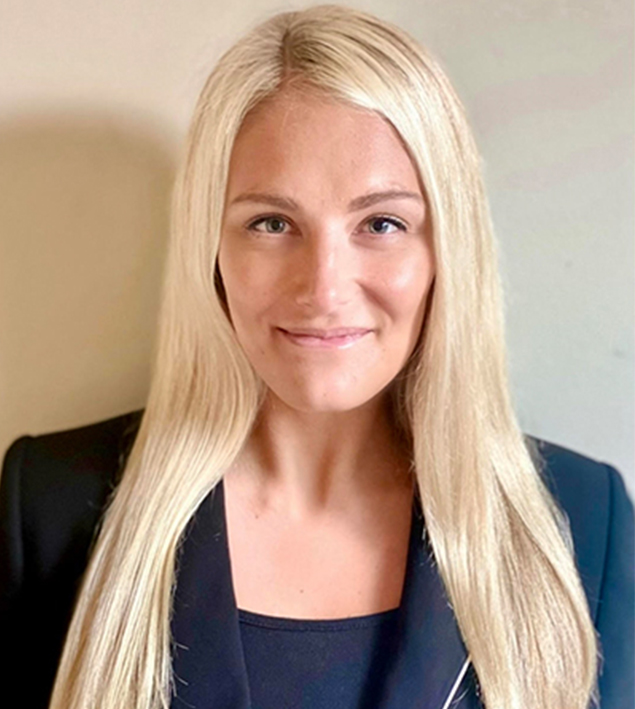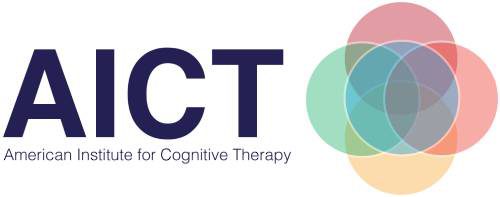DBT
What is DBT?
Dialectical Behavior Therapy (DBT) is a treatment developed by Dr. Marsha Linehan. Originally, DBT was created to help people who were suicidal and struggling with self-harm urges. DBT is especially helpful for individuals who have difficulty regulating or dealing with their emotions. Focused on validating the difficulties of life’s struggles, the apparent difficulty with conflicting and intense emotions, and the desire to make important changes, DBT is a highly practical and direct form of therapy. Rather than only focusing on overcoming misery, DBT also emphasizes working on creating a life you want to live. After years of research, DBT is considered to be an empirically supported treatment for individuals with Borderline Personality Disorder (BPD) and is also being used to treat individuals who struggle with emotions but who do not meet criteria for BPD. Recently, DBT has been modified to treat individuals who struggle with a range of psychological problems including substance abuse and eating disorders.
DBT integrates cognitive behavior therapy with teachings in mindfulness and acceptance. Generally, DBT treatment entails both participation in a weekly 1.5 hour skills training group and weekly individual DBT therapy. Skills training teaches specific lessons in mindfulness, emotion regulation, distress tolerance, and interpersonal effectiveness in order to help you learn to be fully in the moment, effectively manage emotions, cope with crises without making them worse, and meet your objectives in relationships. Many people who feel stuck in therapy or have pursued many treatments with minimal benefits find DBT to be remarkably helpful. DBT clinicians are committed to being available to you and pursuing ongoing consultation to provide you with a high level of care.
DBT Services at AICT


Young Adults DBT Skills Training Group (ages 18 – 30)
Wednesday evenings 7 PM – 8:30PM led by Dr. Allie Funk

Adult DBT Skills Training Group (ages 30 +)
Wednesday evenings 7 PM – 8:30 PM led by Dr. Kathleen Taylor

Graduate DBT Skills Training Group (ages 18 +)
Thursday evenings 7 PM – 8 PM led by Dr. Susan Paula

Young Adults DBT Skills Training Group (ages 18 – 30)
Wednesday evenings 7 PM – 8:30PM led by Dr. Allie Funk

Adult DBT Skills Training Group (ages 30 +)
Wednesday evenings 7 PM – 8:30 PM led by Dr. Kathleen Taylor

Graduate DBT Skills Training Group (ages 18 +)
Thursday evenings 7 PM – 8 PM led by Dr. Susan Paula

DBT Skills Training Groups complete the following four modules:
- Mindfulness – A “core” DBT skill, mindfulness involves paying attention, in the moment, non-judgmentally, to live your life in a deliberate manner.
- Emotion Regulation – Learn the function of emotions and improve your ability to describe, change, and cope effectively, rather than let emotions control you.
- Distress Tolerance – Manage crises without making your problems worse.
- Interpersonal Effectiveness – Attend to your needs and improve relationships.
Our comprehensive program includes:
- Weekly individual therapy sessions
- Weekly skills training groups
- Specific lessons in acceptance and behavior based skills
- Learning how to cope with crises
- Phone coaching
To learn more about our current DBT group offerings, getting an evaluation, group entry dates, or treatment options, please contact our intake coordinator by emailing intake@cognitivetherapynyc.com or calling (212) 308-2440.
schedule a consultation at or intake@cognitivetherapynyc.com
